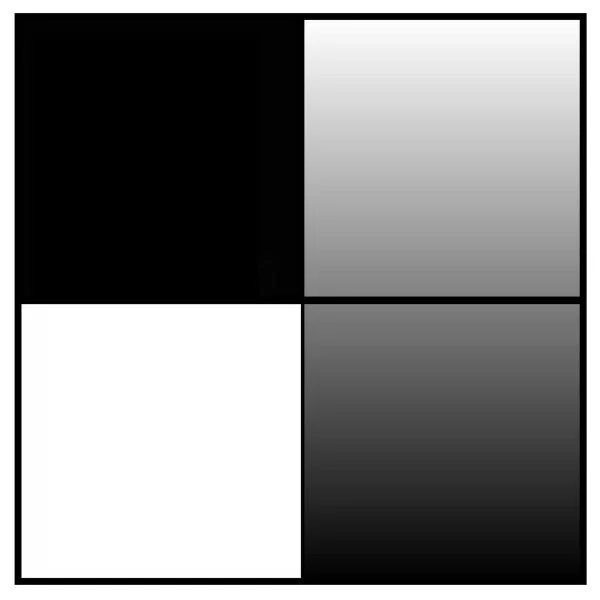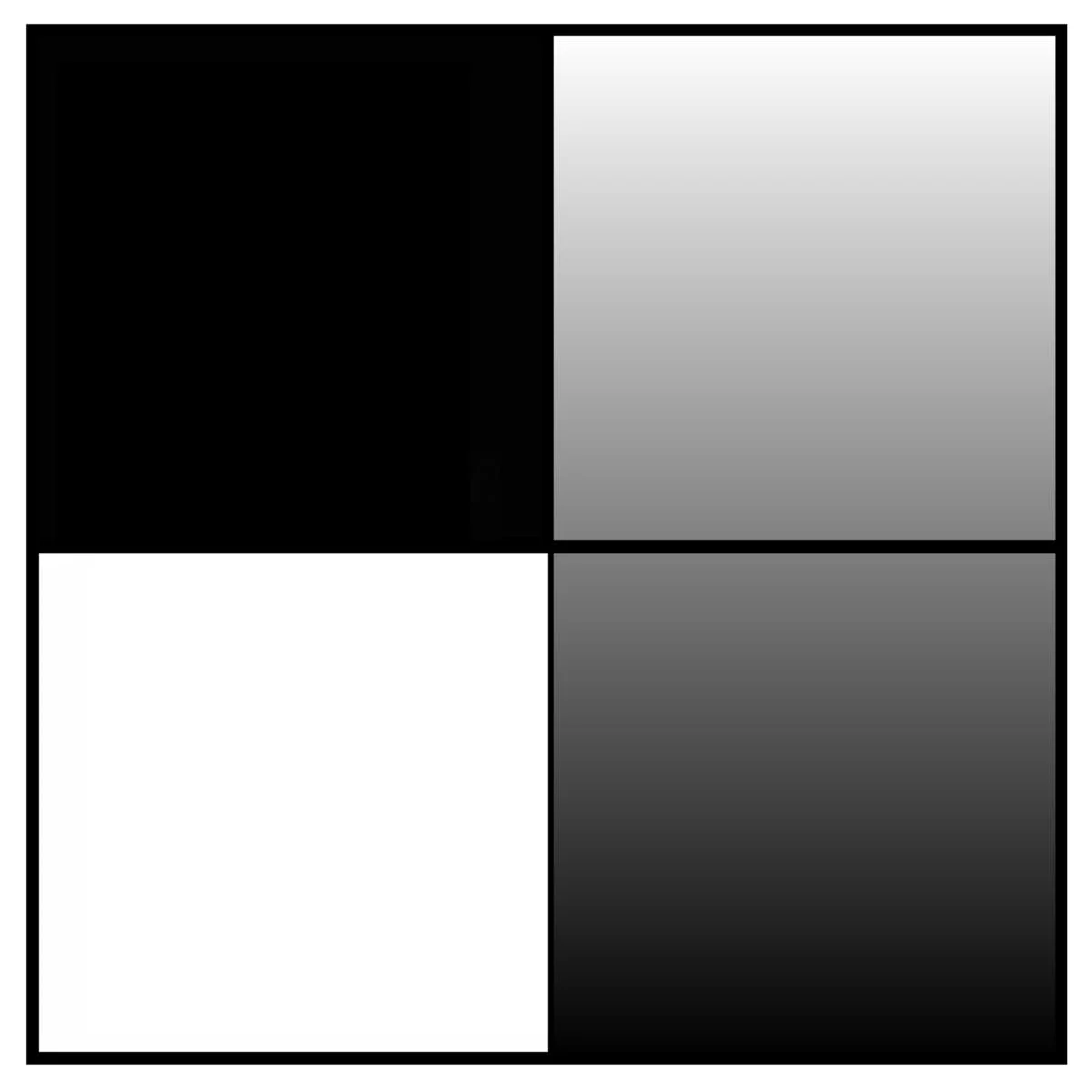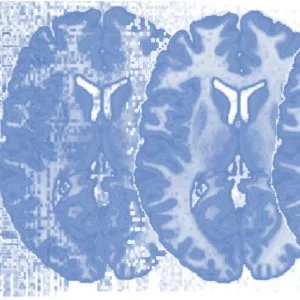
This course aims to help you to ask better statistical questions when performing empirical research. We will discuss how to design informative studies, both when your predictions are correct, as when your predictions are wrong. We will question norms, and reflect on how we can improve research practices to ask more interesting questions. In practical hands on assignments you will learn techniques and tools that can be immediately implemented in your own research, such as thinking about the smallest effect size you are interested in, justifying your sample size, evaluate findings in the literature while keeping publication bias into account, performing a meta–analysis, and making your analyses computationally reproducible. If you have the time, it is recommended that you complete my course ‘Improving Your Statistical Inferences’ before enrolling in this course, although this course is completely self–contained.
Instructor Details
Courses : 2
Specification: Improving Your Statistical Questions
|
11 reviews for Improving Your Statistical Questions
Add a review Cancel reply
This site uses Akismet to reduce spam. Learn how your comment data is processed.

| Price | Free |
|---|---|
| Provider | |
| Duration | 15 hours |
| Year | 2019 |
| Level | Intermediate |
| Language | English |
| Certificate | Yes |
| Quizzes | Yes |

FREE






Larry P –
Daniel’s second course as good as the first. He does a nice job!!
Ryan F –
Absolutely phenomenal course. Dr. Lakens does an excellent job of making complex topics more approachable, and of explaining concepts using alternative approaches. I’ve now taken both of his MOOCs and have thoroughly enjoyed each one. As a side bonus, the r–based assignments are excellent for novice r users looking to build their skill–set.
Juli T –
This course teaches you the things about statistics that no one tells you about at uni – even though they are extremely important. The MOOC has a nice pace for people with a basic foundation in statistics and provides enough time and exercises to allow for the concepts to sink in. The R scripts are a huge bonus.
Luca F –
Splendid as everything that is produced (either recorded or written) by Daniel Lakens! The course forces you to stop and think, instead of simply doing things. And this stop–and–think part, often overlooked, is exactly what distinguish someone who gives real value to his team and projects from one who just produces statistical outputs. Brilliant, simply brilliant and enlightening.
Arnaud s –
Great course that will definitely be useful in my academic career (and more than that!)
Alex R –
Lots of really interesting material presented in a great way. The reading and lectures inspired me to read more and clarified questions that have long been on the edges of my understanding of science. The home works were a little rote but I think that helps make the calculations clearly within our grasps. The only frustrating thing was the course depends on a handful of libraries which were tough for me to install. I eye–balled some graphs that were included with the home works and had a to think a bit more about some questions that were generally “change x to y and rerun, what is the value of z?”
Jana H –
Absolutely great. I immensely enjoyed the previous MOOC by Dr. Lakens and this one offered the option to recapitulate and enhance my understanding of more complex concepts. I am recommending all my fellow researchers to take his coursers, they changed the way I do my research and view science itself.
Hande S –
I recommend this course to everyone who wants to improve their grasp of statistics. The course involves content that is timely and relevant within an easy–to–digest form and amount.
Sam W –
Cracking – very informative, nice mixture of modes of learning, and engaging
Shambhavi –
Excellent! Would like only one addition, and that’s a more extensive exercise on simulating data with general linear models
Nora P H L –
Very relevant course, specially if you currently work, or you are interested in working, as a researcher. One of the most important abilities for the scientific work is to be able to produce relevant, or at least informative studies; that’s the whole point of science, and it’s very sad that most of us (researchers) don’t fully understand how to correctly assess/conduct research, and the importance of it. This course will definitely help you realize and construct the statistical thinking necessary to improve scientific practices.